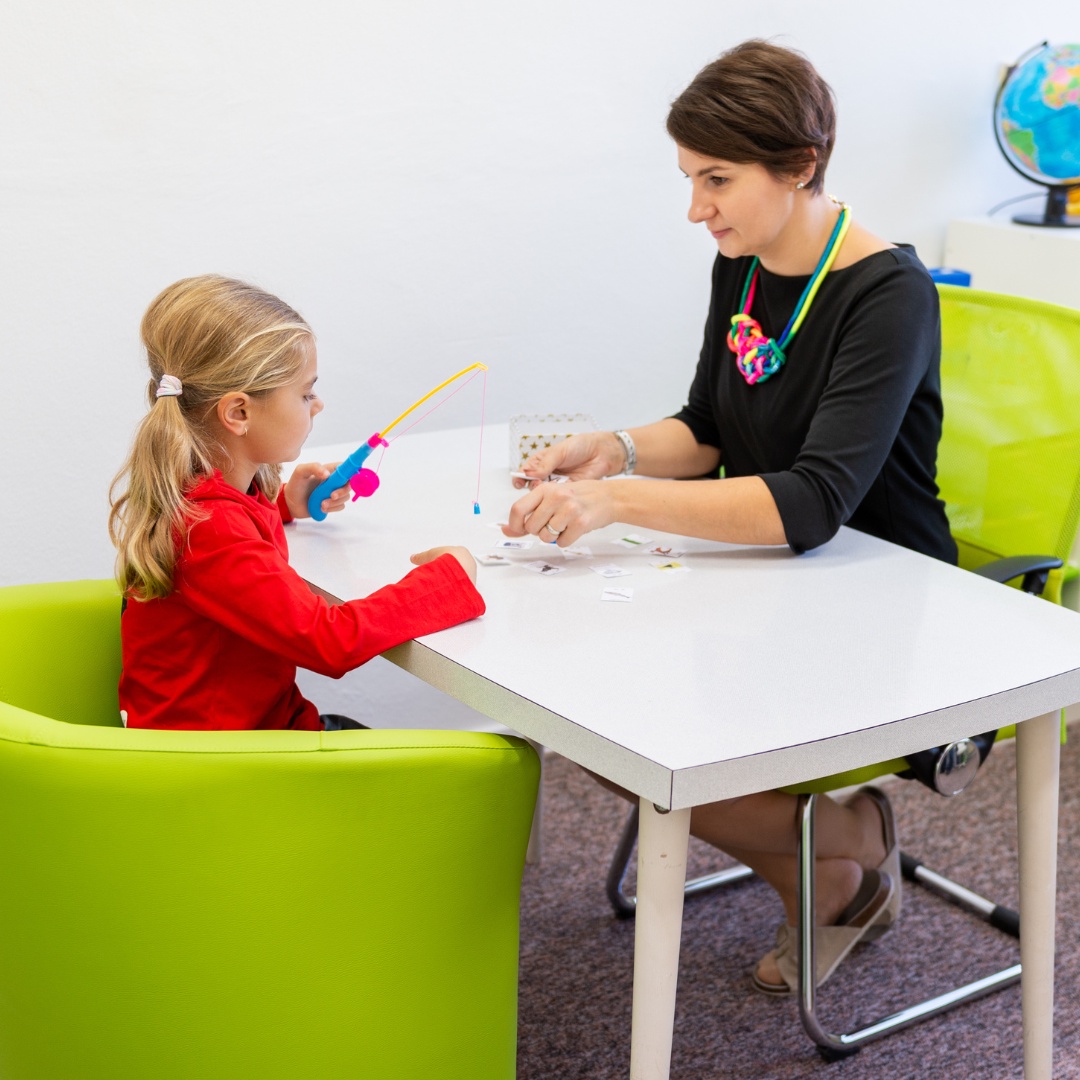In the intricate tapestry of pediatric healthcare, Occupational Therapy (OT) for kids emerges as a key player in addressing physical challenges and safeguarding mental well-being. This article explores the vital role of occupational therapy in preventing mental health issues and intervening early when needed.
Understanding Mental Health in Children :
The mental well-being of children is an integral component of their overall health. Occupational therapists recognise that various factors, including environmental stressors, developmental challenges, and social interactions, can impact a child's mental health. Understanding these factors is the first step in crafting effective preventive and early intervention strategies.
Creating a Therapeutic Environment :
Occupational therapists actively contribute to creating a therapeutic environment for children. By assessing the child's surroundings, routines, and daily activities, therapists identify potential stressors and work towards minimising them. A supportive and nurturing environment becomes a foundation for mental health prevention, fostering emotional resilience in children.
Building Coping Skills Through Play :
Play is a powerful tool in the occupational therapist's toolkit. Through play-based interventions, therapists help children develop essential coping skills. Children learn to navigate and express their emotions through role-playing, creative expression, or structured activities, fostering emotional intelligence and resilience.
Tailored Interventions for Vulnerable Populations :
Some children may be more susceptible to mental health challenges due to various factors, such as developmental disorders or adverse life events. Occupational therapists tailor interventions to address the specific needs of vulnerable populations, offering targeted support to prevent the escalation of mental health issues.
Collaboration with Families and Caregivers :
Occupational therapists recognise the significance of a collaborative approach. They work closely with families and caregivers, guiding, creating a supportive home environment and offering strategies for effective communication. Collaboration extends the therapeutic impact beyond individual sessions, reinforcing mental health support in the child's daily life.
Early Identification and Referral :
One of the key roles of occupational therapy in mental health is the early identification of potential issues. Therapists can identify signs of distress or developmental challenges through keen observation and assessment. Early intervention, including referral to mental health professionals when necessary, becomes a proactive strategy in preventing the progression of mental health issues.
In summary, OT for kids is a beacon of hope in mental health prevention and early intervention. Occupational therapists become guardians of children's mental well-being by creating therapeutic environments, building coping skills through play, tailoring interventions for vulnerable populations, collaborating with families, and facilitating early identification and referral. As we navigate the complexities of pediatric healthcare, the role of occupational therapy extends beyond physical challenges, shaping resilient minds and fostering a foundation for lifelong mental health.


No comments yet